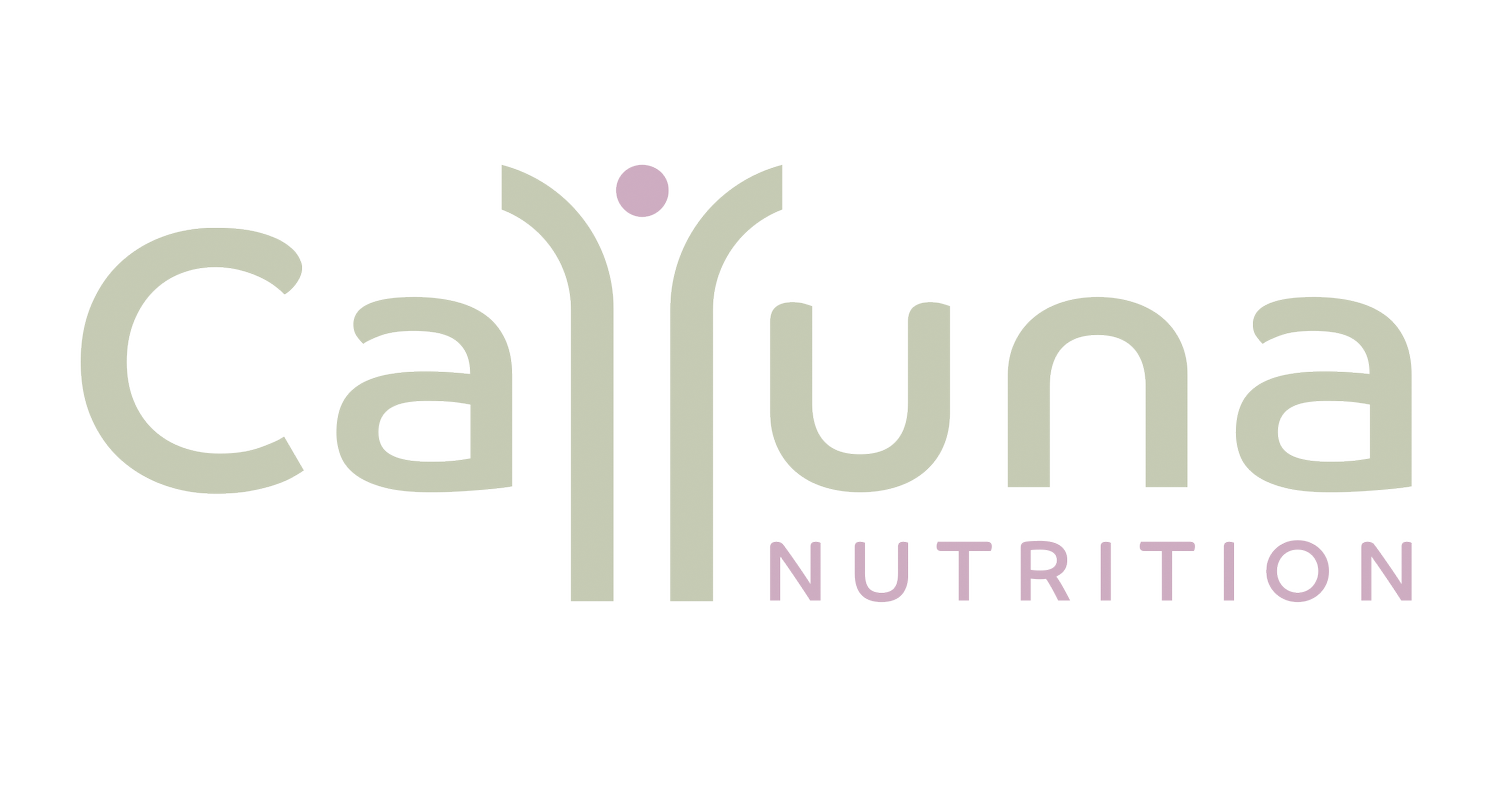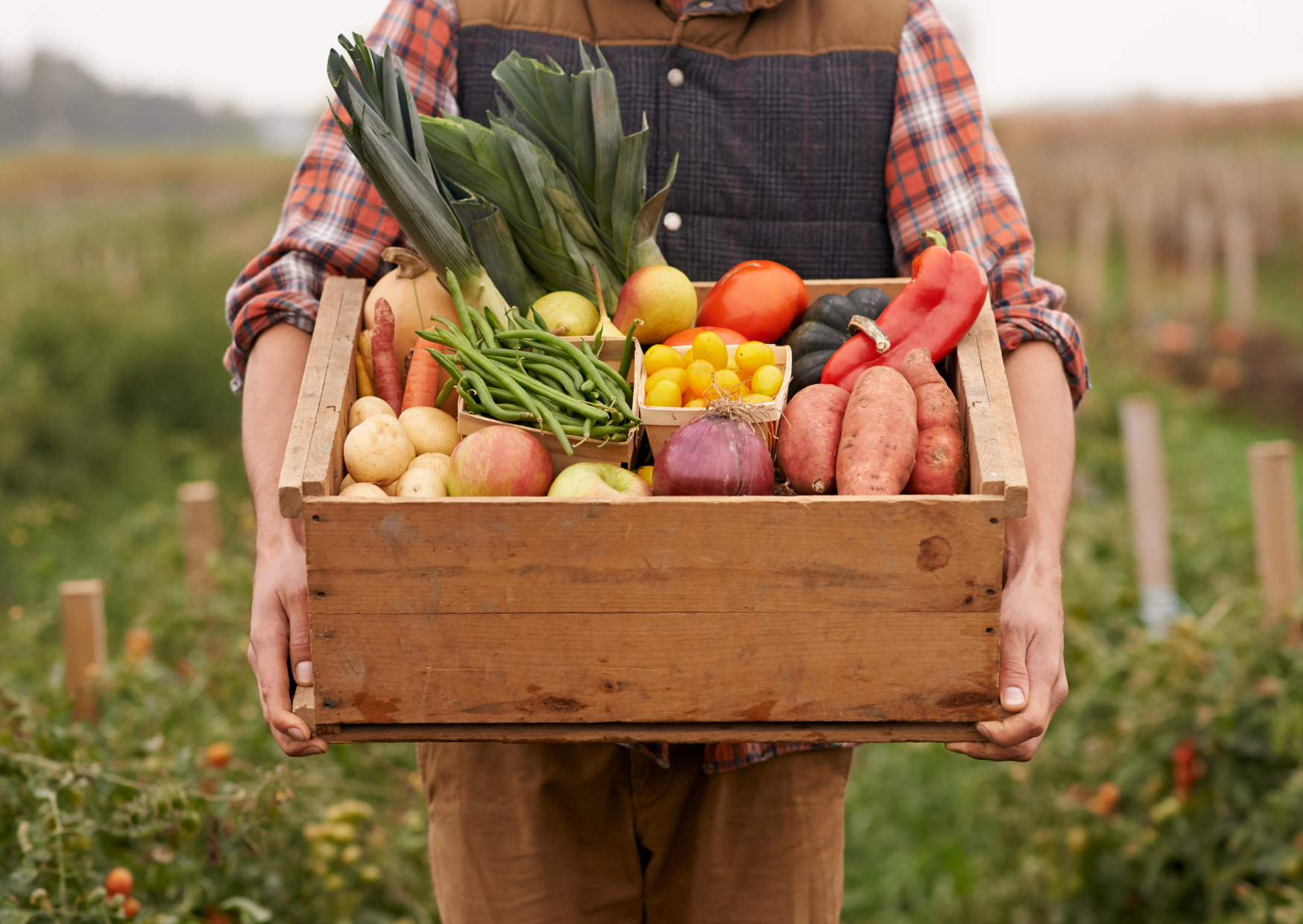From Farm to Fork
It’s not that many decades ago when people bought their food directly from the proud and talented farmers. Back then, costumers could choose exactly how much they wanted to buy of each product and the farmer usually had a story or two about the food they were about to purchase.
The distance between farm and fork has gotten complicated, extended and secretive, given the results that it has become difficult noticing the farmer/producer behind the food we buy, at all. This is a challenge that will affect healthy food in the years to come.
Who produces our food?
The proud farmers are now gone. Well, not exactly, they might still be proud, but not for the eye to see. Most likely the picture of their farms and lovely stories about production and values are now turned into a digit code you barely see nor understand. The farmer can consider himself lucky if the farm’s name is on the package next to the supermarket’s logo.
But why on earth am I chatting about products being unidentified like this?
Imagine that after having a good laugh at the farmer’s story, people went straight back to their own kitchens with their goods. Today, 50 % of all food eaten in the UK are imported. If we include products being produced in the UK, while some of the ingredients are imported, we reach 80 %. We have to be serious investigators to figure out where this food comes from and who produced it. Who really has time for something like that?
A new consumer-focus
What happens when we don’t know, or care for that matter, where the food comes from? When the supermarkets make it all about paying less for more food and their ever-going prize wars? Who’s actually paying the price? The less we know the more it can do us harm.
The truth is that today’s journey from farm to table consists of a whole supply chain; growers, importers, distributors, processors and retailers. Studies shows that consumers agreed that supermarkets should pay enough when buying from the suppliers, in order for them to ensure good wages for their employees. Even if it meant higher prices. How can we know a product is being fairly priced if we stop caring about who produced it or where it’s from, and don’t acknowledge all the steps and secrets involved in the food chain?
Health outcomes
Agriculture is the most important industry in the UK, not only because it’s responsible for something that is essential to the human being, but also the amount of money into the state. If we don’t recognize this but continue to focus on always paying the least amount possible for food, then I’m afraid there won’t be any room for proud and innovative farmers in the future. They can’t compete with products the supermarkets can buy cheaper abroad, simply because they have to pay their own bills too.
What we eat and drink every day lay the foundation of our health, eating habits and lifestyle.
Producing cheap food is not good news if you want to achieve healthy eating habits. Money has to be cut somewhere along the chain, which influences the food production and processing techniques.
(We have to make sure they’ve not been using pesticides, antibiotics or toxic chemicals that can spread into the food supply)
It’s your fork – use it
If we still want to be able to give our children and grandchildren healthy, nutritious food in the future we need to acknowledge the fact that we also need the innovative suppliers in the UK who cares about public health, sustainability and even environmental factors.
To answer the question; who’s actually paying the prize for keeping the prize at a minimum, the answer is partially you and every other chain in the food’s journey from farm to fork. But remember; The fork belongs to you, which gives you the power to choose healthy food produced by talented and caring farmers and producers.


